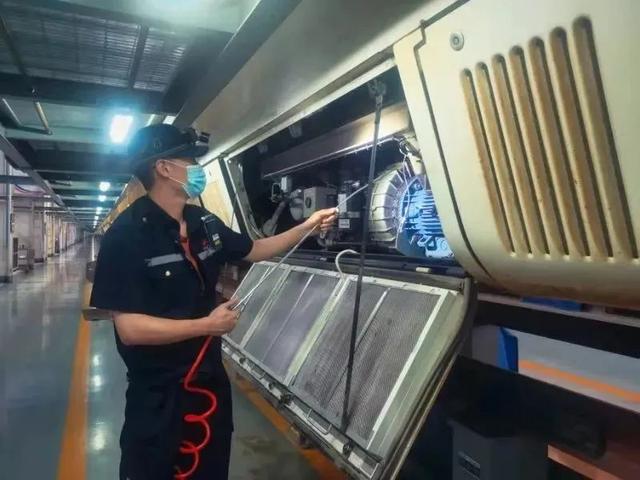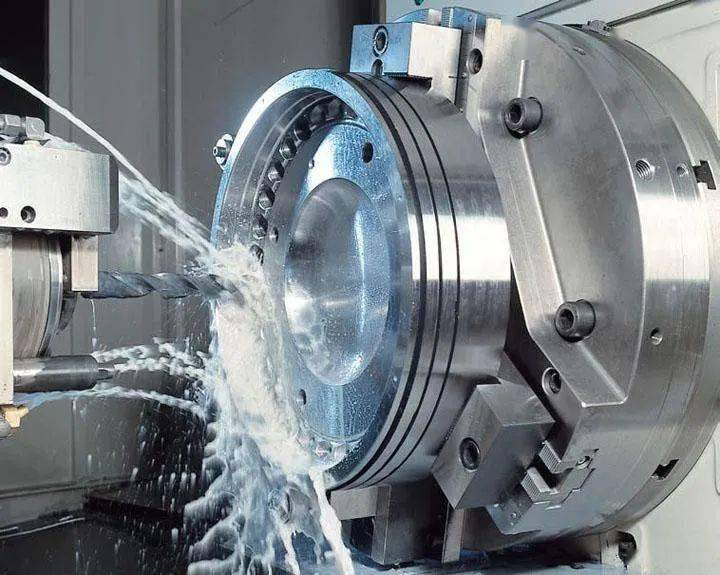Can the new heat dissipation technology for high-power components be upgraded and applied in the near future?
- date:2023/5/29 16:22:34
- author:LVZHI

With the development of intelligent and integrated technology, the application of integrated computing technology and products such as chips in electronic components is becoming more and more common. Faced with continuous high-power and energy consuming computing, overloaded electronic components are at risk of overheating and damage at any time. Therefore, efficient heat dissipation methods and technologies are particularly important. What we have to talk about here is the cooling system of our proud high-speed train and its integrated central IGBT. IGBT (Insulated Gate Bipolar Transistor) is the core component of traction converters, braking resistor circuit breakers, inverters and other core electrical equipment in electric locomotives. The power module composed of IGBT transistors is the most important integrated component of traction converters. With the development of high frequency, high power, and high integration, the heat flux density per unit area of equipment is increasing. The temperature of IGBT chips directly affects the ability of IGBT to carry current, work efficiency, and service life. However, high heat dissipation cannot ensure the safe operation of power modules through conventional cooling methods. Therefore, various cooling measures need to be taken according to the heating situation to ensure their safe operation. In addition, electric locomotives are strictly limited by weight and volume, and the requirements for matching locomotive power devices - water-cooled heat exchangers and air-cooled radiators - are inevitably much more stringent than ground installations. Both radiators and heat exchangers are mainly made of copper and aluminum materials, and the design of the flow channels is relatively complex. The goal of these designs is to increase the unit heat dissipation area and reduce the temperature rise of the working components.


